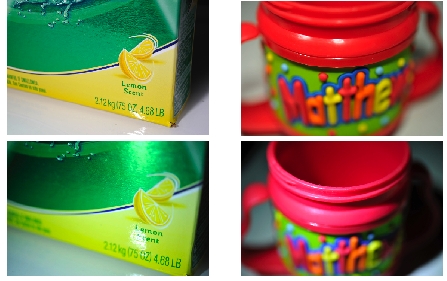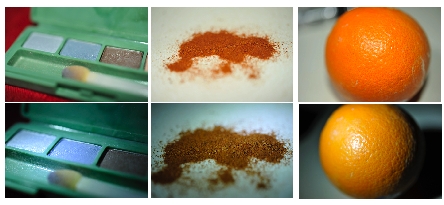When using a LED light source for video or
film production in daylight, foot-candle output of present
fixtures may not be strong enough to fill in facial shadows
while shooting in broad daylight. Video and film pro’s
have traditionally relied upon HMI’s (Discharge Sources),
bounce cards, and even tungsten halogen for this purpose.
However, for interior or night shooting, LED sources are being
employed for run and gun and other uses with mixed success.
Every light source emits electromagnetic
energy and the most effective way to measure and judge the
quality of the light source is by spectrophotometry. Fig. A
shows a spectrograph of a Frezzi 50 Watt Mini-Fill using a GE
MR-16 bulb.



As you can see the spectrum is continuous
with no gaps in the visible spectrum. In this respect the
spectrum is similar to the sun, which is a black body radiator,
but with more photons emitted in the yellow/orange/red areas of
the spectrum correlating with a lower color temperature in the
3200 degree Kelvin range.
Fig. B is a spectrograph of an HMI source
and while it does have a green spike, it provides a continuous
spectrum so desired by many Hollywood film cinemaphotagraphers
for its emphasis on the blue spectrum which correlates to its
5500 degree Kelvin color temperature.
Fig. C is a spectrograph of a “white
LED” commonly used in many portable LED lights for video
use. Clearly we can see a large gap in the blue area of the
spectrum just to the right of the violet band. The cause of
this: White LEDs are blue/violet LED’s with phosphorus
coatings on the diode to simulate the green/yellow/red area of
the spectrum. As a consequence to this emission gap in the
spectrum, certain objects that are illuminated with this type
of source will not reflect back colors not emitted. In addition
if the color is not in its spectrum, it cannot be added with a
filter (see footnote 1). This means poor color rendering as
compared with continuous spectrum emitting light sources.
Frezzi Energy Systems pioneered portable on
camera HMI’s in the 90’s with the introduction of
the Mini-Arc 24 Watt HMI, and now the New MRAX-15 Series
HMI’s which provide Full Spectrum, daylight balanced
output.
1 Color Theory: FLUORESCENTS AND THE KELVIN
MYTH http:
//www.gamonline.com/catalog/colortheory/flourescents.php
The images below demonstrate color
rendering differences of HMI and LED light sources. LED sources
don’t emit a full spectrum and when comparing colors
reflected back, objects lit with a continuous spectrum source
render more colors than a non-continuous light source.
The conclusion: for accurate color
HMI’s provide the most accurate color rendering of any
coninuous daylight balanced (5500K) light source.

